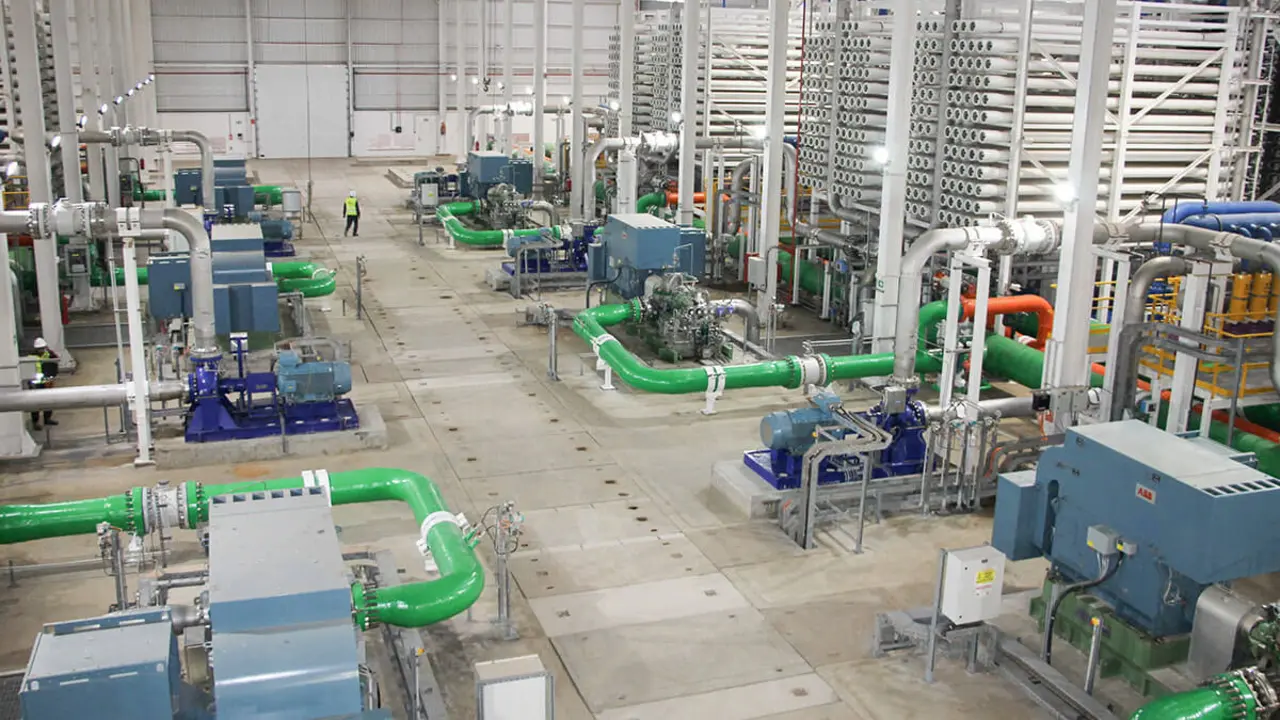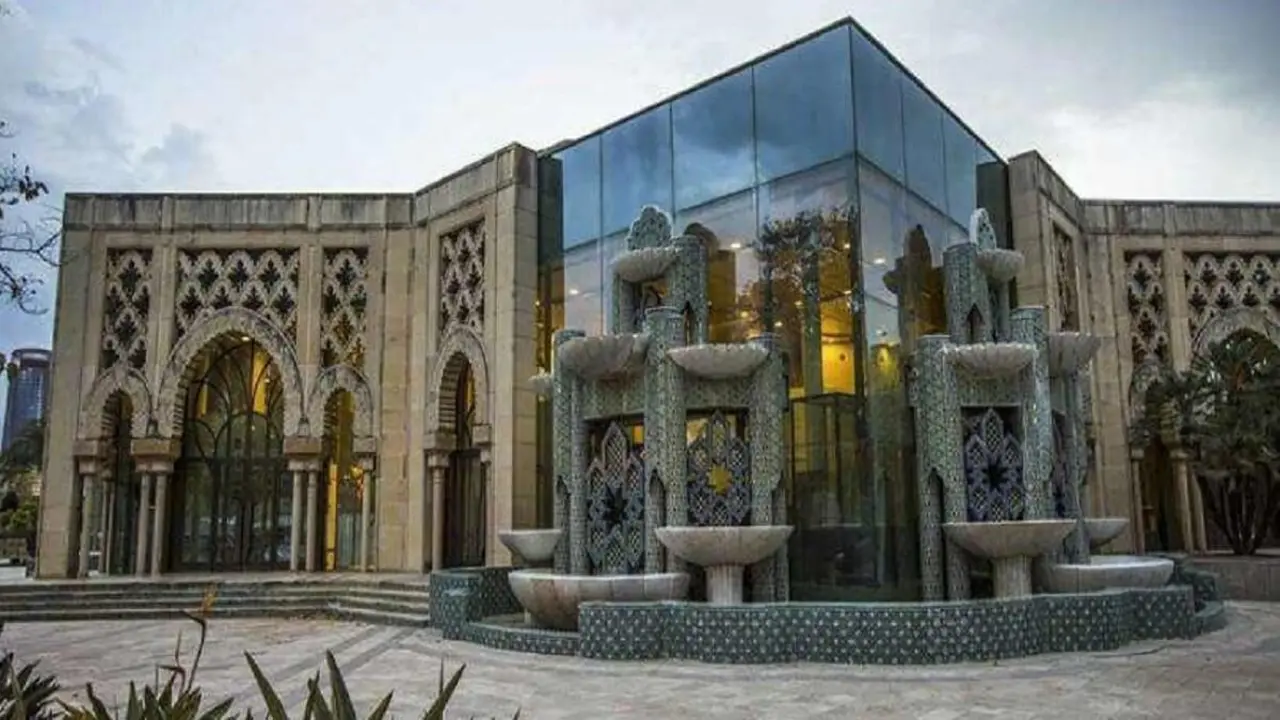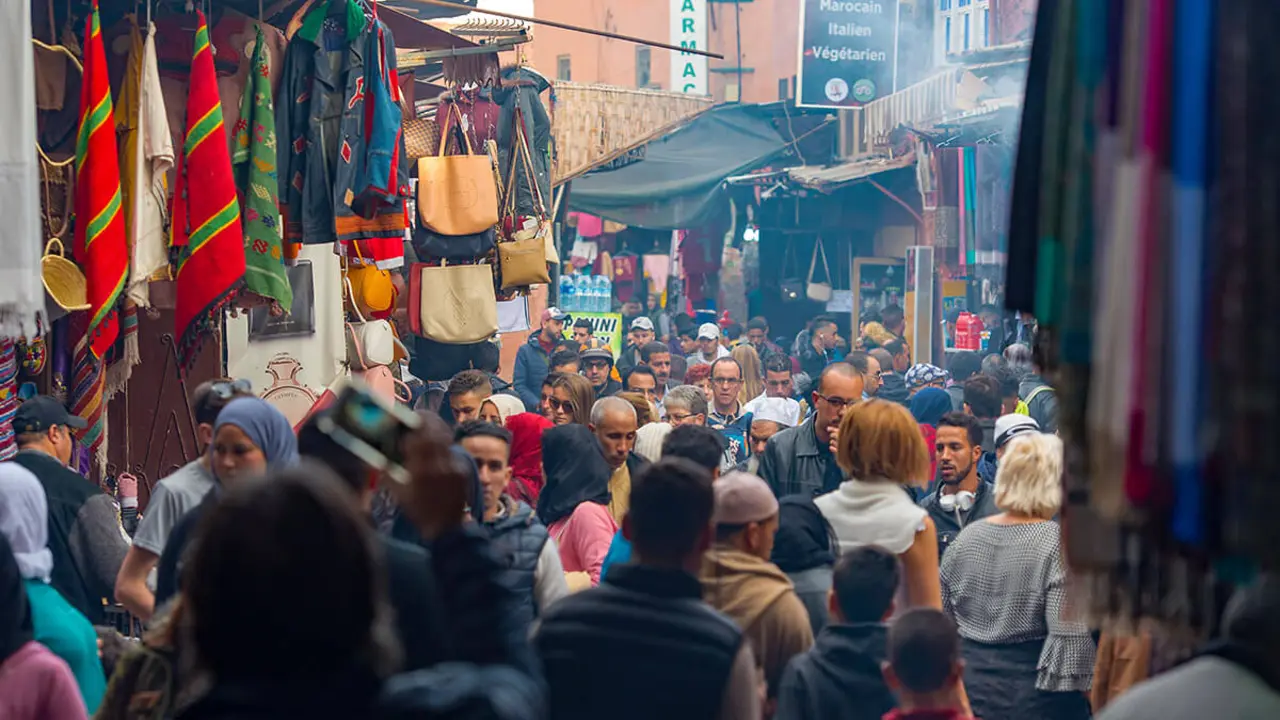Decisiones firmes en Marruecos ante la sequía más grave en tres décadas

Morocco is suffering the most severe drought in three decades, and the government has decided to toughen the measures initially taken to reduce water shortages.
The new measures include the implementation of restrictions on the flow of water distributed to consumers, and a ban on the irrigation of green spaces and golf courses with drinking water.
It is also prohibited to wash streets and public places with drinking water and the illegal extraction of water from wells, springs, watercourses and water transport channels, avoiding the use of drinking water for washing cars or machines, as well as the filling of public and private swimming pools, which from now on will have to be carried out on an annual basis through a recycling system.
In order to solve the problem of groundwater depletion, one of the main causes of this crisis, the government is exploring different ways, while tightening restrictive measures to try to curb this shortage, accelerating different projects that would reduce the effects of this drought.

Following this line of action, the Ministry of Equipment and Water launched an awareness campaign last Thursday, with the aim of making the population aware of the problematic situation that the country is going through.
Therefore, the statement issued by the Ministry stressed that: "Morocco is in a state of water emergency, as at a time when water resources are decreasing, it is known that the water consumption curve is higher among users". He emphasised the need to "stop the practice of any form of water wastage in order to preserve current resources and ensure equitable distribution of water for the benefit of all".
Hamid Rachel, an environmental expert, stressed the need to manage demand and make the most of water, especially in the agricultural sector. To this end, he proposed different solutions such as the reuse of treated wastewater for irrigation of green spaces and communication and awareness-raising among the population in order to create awareness of the importance of preserving water resources.

Rachel also wanted to assess the measures that the Moroccan government was taking against this drought, stating that the national programme for drinking water supply and irrigation is managing to face different obstacles, especially in the large cities.
But politicians are not satisfied with the measures being taken, considering them insufficient. They believe that the water situation requires a radical overhaul due to climate change.
Therefore, during the debate on the government's plan, the chairman of the Infrastructure, Energy, Minerals and Environment Committee, Mohamed Malall, said: "There have been imbalances and faltering programmes in recent years, whether in dams or water facilities and joint programmes between authorities, and the duty is to intervene to deal with what can be dealt with, especially to accelerate it.
The MPs said the situation calls for addressing the mistakes of Moroccan plans in this area, which have been accumulating for 15 years and have come at a huge water cost.

According to Mbarek Sibai, head of the Popular Movement Party parliamentary group, the regime went as far as doubling the cost of water, allocating it to crops that were to be exported in their entirety, without providing a minimum level of self-sufficiency and food security for Moroccans.
Observers believe that this criticism is mainly due to the fact that this strategy did not take into account the depleted water reserves, the enlargement of the base of the hill reservoirs and the formulation of a soil and water resources protection policy, measures that could have remedied this situation, which is now so serious.
For this reason, the head of the Eco-Manarat Association for Development and Climate, Mustafa Benrami, warned last Friday that the situation is worrying because of the impact that climate change is having on water. He regretted that Morocco, despite its significant natural water resources, and due among other things to overexploitation through the random digging of wells, has reached this dramatic situation.
But the reality is that the Moroccan authorities have already earmarked more than $1 billion to finance relevant measures aimed at protecting Morocco's animal and plant capital, while seeking to efficiently manage water scarcity, financing wheat and fodder market supply operations and reducing the financial burdens on farmers.








